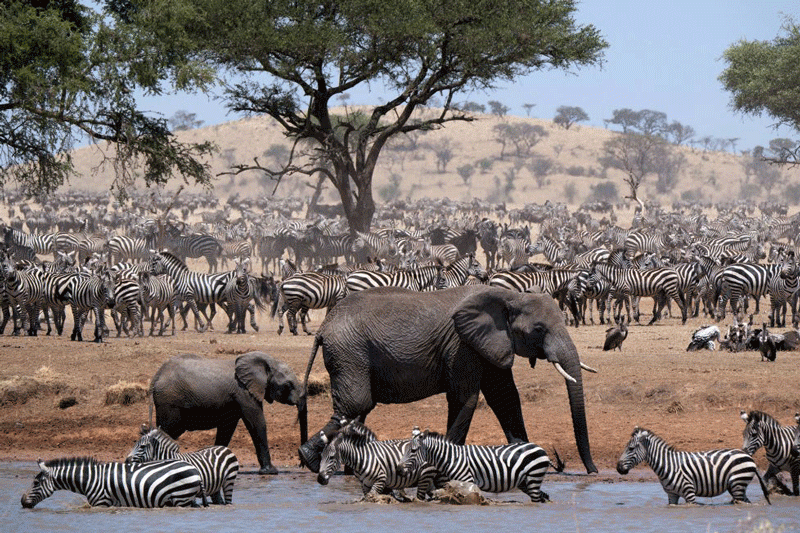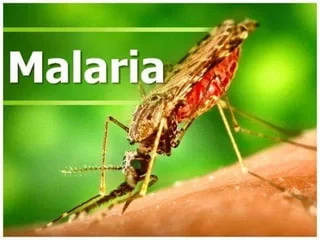
I do not normally like to use cliché language like pro-poor.
Most of the time such concepts are over-used to the point of meaninglessness.
But today I will make an exception. Pro-poor simply means with the poor in mind, or with the most vulnerable in mind.
When we talk of poverty, we talk of marginalities, both geographically but also in terms of positionality in the social sense.
As such I invite you to think deeply about how we ought to intervene in view of the coming El Nino-affected season, which for purposes of simplicity I will call a drought.
Biophysical resources
Places of the poor are marginal in nature. Generally drier, low carrying capacity, geographically isolated, frequently the arena of human-wildlife conflicts, low-lying and generally with poor soils.
These are areas that suffer interminable droughts or flooding in the best of years - what more in an El Nino year?
- Zim writers win prestigious Windham-Campbell prizes
- Inside the DRC’s great ape trade
- Ndlovu up for Forty Under 40 Africa awards
- Inside the DRC’s great ape trade
Keep Reading
We know these places.
They need special attention.
But what constitutes that attention?
Policy: generally unpro-poor
At best, all policy is unpro-poor.
Most of the time the reason is fairly mundane. It is because policies are interested interventions.
They are not neutral.
They are an outcome of the dynamic interaction among knowledge, interests and power among society's influential actors.
The poor do not have seats at the table where policies are crafted.
They have no participation and scant representation. As such, their knowledge, interests and influence is not reflected in policy. I'll give an example. Marginal communities are home to incredible resources in the form of wildlife.
But what is the level of participation, access or use of those resources by the local people, who in most cases have a direct claim of inheritance to those resources?
In most cases, the answer is zero. Zilch. Nothing. Now, given a drought situation, the question is not always about monetary intervention. Sometimes it is about policies that unlock the agency or capacity of certain people to act. An example is to re-look at poor people's access to the resources within their areas.
How can policy assist these people to help themselves?
Value exchanges
Poor people's reality is reflected also in how the commodities of the poor are devalued. I have seen how, for example, cattle deemed from maruzevha (mostly indigenous breeds with big horns) are downgraded at cattle auctions vs a similar animal from a more metropolitan source. Our valuation system has an inherent bias against the commodities of the poor. One of the issues at play is that poor people do not have enough negotiation leverage. Most of the time, they cannot afford to walk away from an unfair/exploitative transaction. With drought looming, wolf packs of opportunistic middlemen will haunt the places of the poor to extract their commodities at criminal prices.
Conclusion
I am highlighting these realities so that we think about them in our deliberations. Most of the time, the rural poor suffer most from droughts because of their low adaptive capacities, mostly caused by lack of assets.
They live directly off the land, with no safety nets to protect them from adverse events like droughts. So whatever action we finally take, let us not forget that the rural poor are much more vulnerable than the rest of us.
- Magwiroto is a freelance journalist and lecturer at the University of Zimbabwe, Department of community and social development, Faculty of social and behavioural sciences.






